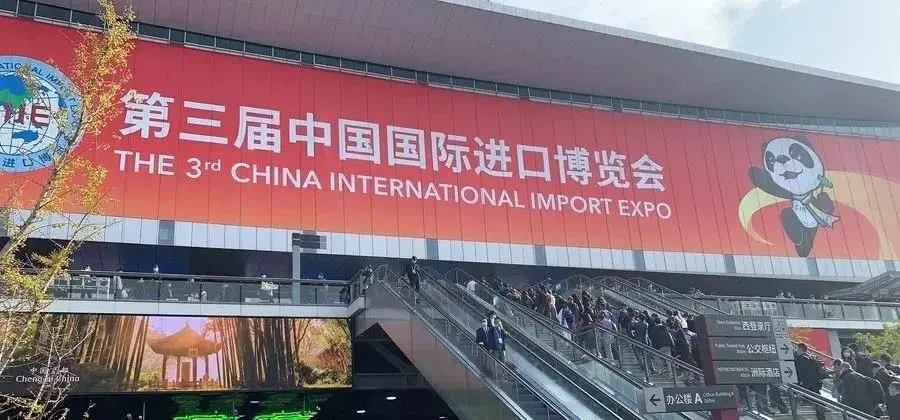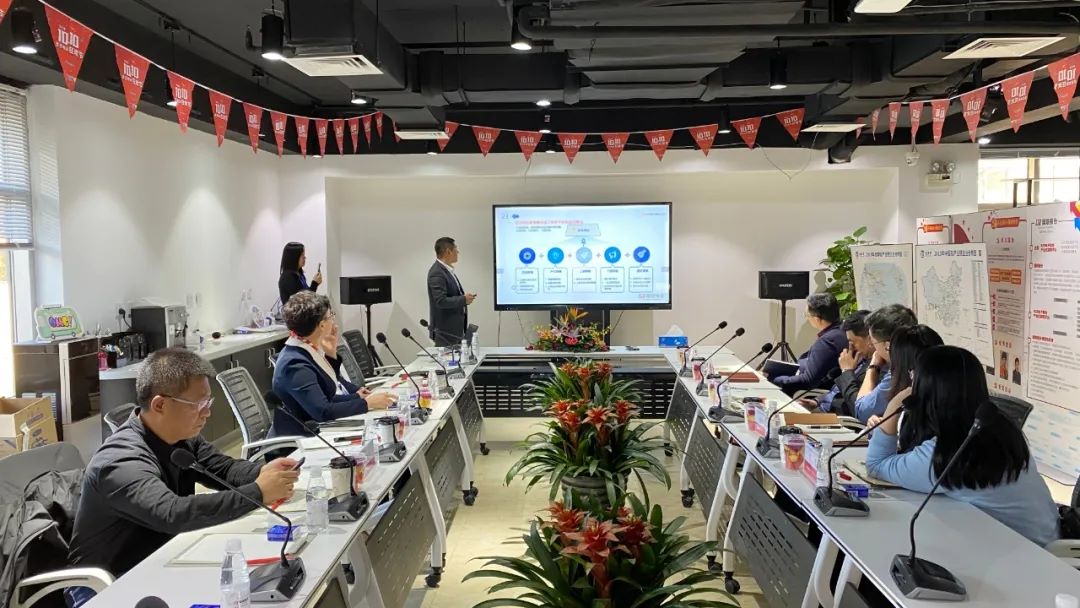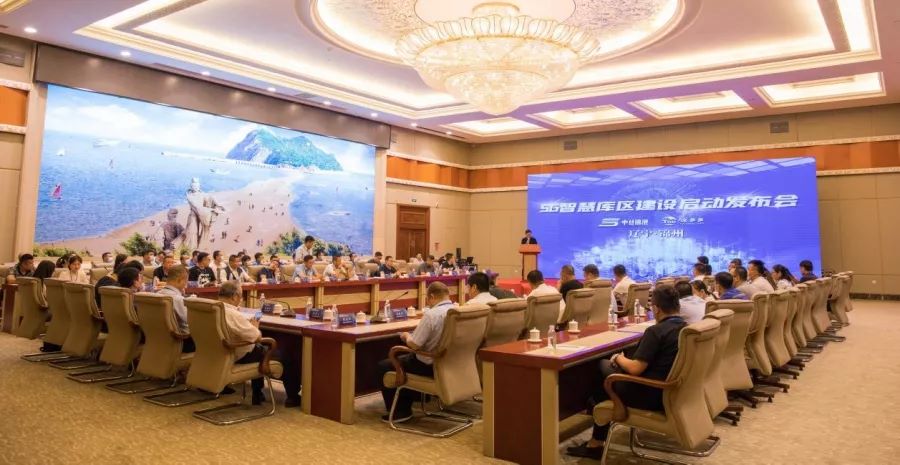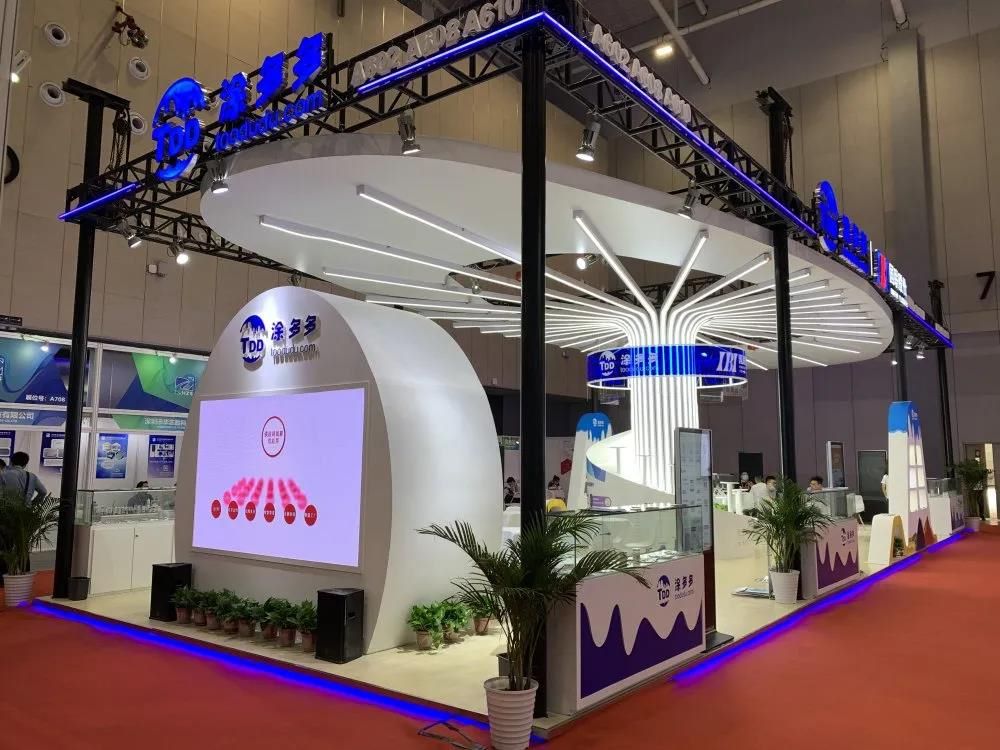The shoe has dropped, the anti-subsidy tax is 300%
On April 2, 2025, after completing the "sunset review", the U.S. Department of Commerce decided to continue to maintain the high countervailing and anti-dumping duties imposed on steel trailer wheels imported from China in 2019.

The shoe has landed, and the 300% tariff continues
The U.S. Department of Commerce said that the reason for deciding to continue to impose high countervailing and anti-dumping duties on steel trailer wheels imported from China is that it considers that the revocation of these tariffs "may lead to the continuation or recurrence of dumping and offsettable subsidies", and notified the International Trade Commission (ITC) that if these orders are revoked, the dumping margin and subsidy rate may be high.
The anti-dumping and anti-subsidy investigation on trailer rims was initially launched in August 2018, when local American companies such as Dexstar Wheel petitioned the International Trade Commission to investigate Chinese imported trailer wheels with rim diameters of 12 to 16.5 inches in accordance with Sections 701 and 731 of the Trade Act. These companies said that these rims imported from China may enjoy certain subsidies.
After a one-year investigation, the Ministry of Commerce confirmed that high tariffs were imposed on related products, and the anti-subsidy rate even exceeded 300%. Among them, the subsidy rate of Zhejiang Jingu Co., Ltd. reached 388.3%; the subsidy rate penalty for Xingmin Zhitong (Group) Co., Ltd. was as high as 386.5%; the subsidy rate for trailer wheels with rim diameters between 12 and 16.5 inches exported to the United States by other Chinese rim manufacturers was set at 387.4%.
In terms of anti-dumping rates, the anti-dumping rate of Changzhou Chungang Machinery Co., Ltd. is 38.27%, and a deposit of 16.57% is collected; the anti-dumping rate of other importers is 44.35%, and the deposit rate is 22.65%.
It can be said that under this punitive tariff, the price of 12 to 16.5-inch rims in China has nearly quadrupled. These highly taxed rims are usually used for road and highway trailers and other towable equipment, including multi-purpose trailers, cargo trailers, horse trailers, boat trailers, recreational trailers and towable mobile homes. They are the most commonly used rims in the United States.
In 2025, in addition to maintaining this tariff, Chinese manufacturers will also have to pay a 20% "undifferentiated" tariff on Chinese goods from the United States, as well as a 25% tariff on global exports of important auto parts to the United States that may be levied in the future. This also means that the price of rim manufacturers' products may be five times higher than in 2018.
This will not only affect the export of rims to the United States, but may also affect their cooperation with auto companies. After all, these parts may also enter overseas markets with the export of complete vehicles-automakers also have to pay higher taxes. This situation is not only a worry for rim companies, but also a worry for tire companies.
After all, like rim companies, the trade barriers to Chinese goods in the US market are getting higher and higher.
Reciprocal tariffs, who benefits
According to Agence France-Presse, White House press secretary Levitt said on April 1, local time in the United States, that a series of U.S. tariffs, namely "reciprocal tariffs" on trading partners, will take effect immediately after being announced on April 2, local time. This also means that the tariffs on more goods exported to the United States will be higher than 45%.
If Chinese tire companies want to avoid paying such high tariffs on exports to the United States this year, they can only turn to overseas bases. It is not yet known whether tire companies that have not deployed overseas bases will continue to rely on lowering prices to maintain sales. After all, the current cost of natural rubber is close to 17,000 yuan per ton, and lowering export prices is almost "death".
Maintain sales or profits, or neither? This is an objective problem facing Chinese tire companies without overseas production capacity this year. However, it is not only Chinese tire companies that are anxious. Many economists and investors speculate that a new round of tariff measures, including "reciprocal tariffs", may become the fuse for a new round of economic recession in the United States.
At the same time, high tariffs are likely to lead to higher inflation rates in the local U.S. market, making consumers hold their wallets tighter. Does this mean that Asian tires, which keep their advantages of “high quality and price ratio” by lowering prices and squeezing wallets, will continue to “kill all” in the US market?
- Linglong Tire, creating a legendary production capacity empire959
- Foreign-invested Chinese factories are expanding their production capacity1013
- 2025: Passenger car tires are also unsalable?901
- Linglong Tire's profit growth to be nearly 30% in 2024980
- The global tire industry is becoming more polarized1281









